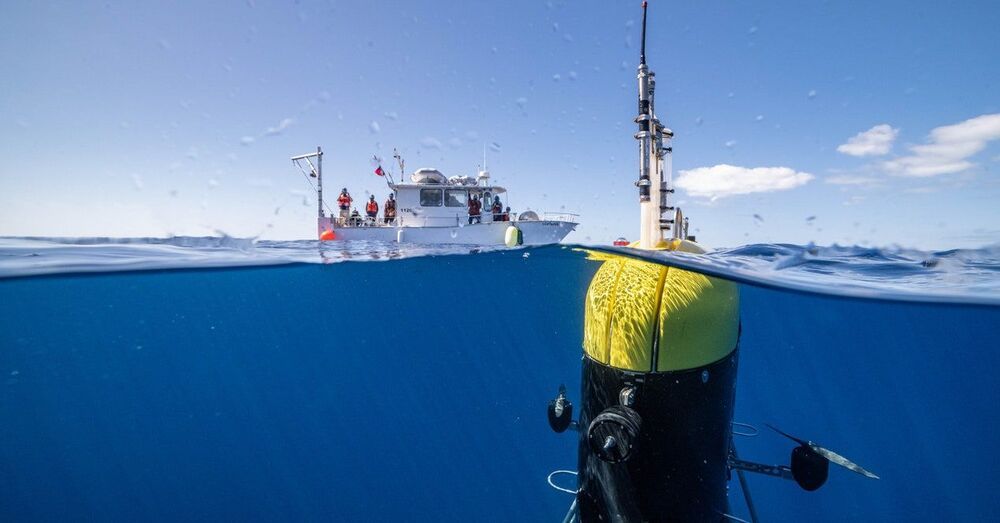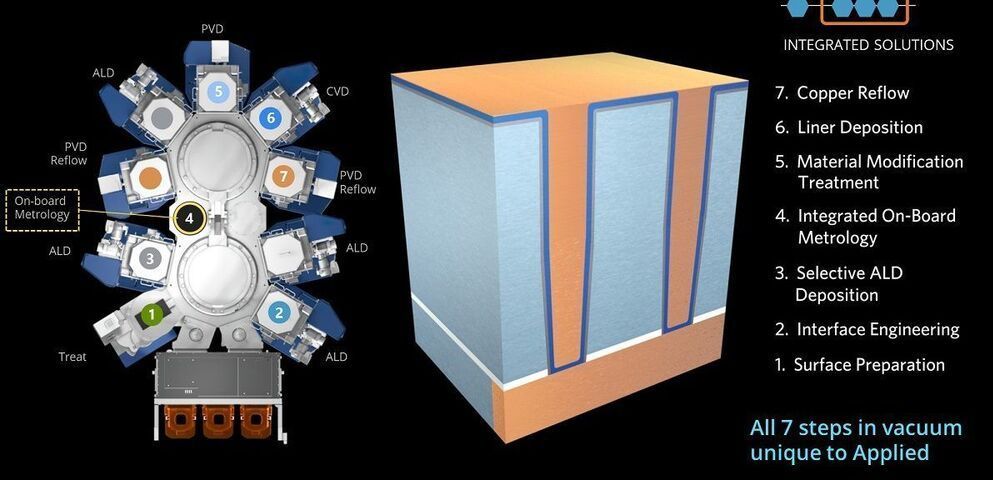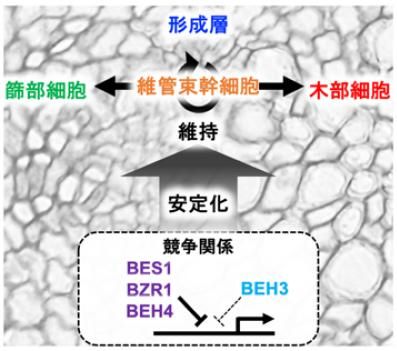This looks extremely promising:
SAN DIEGO, June 17, 2021 /PRNewswire/ — Viking Therapeutics, Inc. (Viking) (NASDAQ: VKTX), a clinical-stage biopharmaceutical company focused on the development of novel therapies for metabolic and endocrine disorders, today announced results from the company’s Phase 1 single ascending dose (SAD) and multiple ascending dose (MAD) clinical trial of VK0214, a novel, orally available small molecule thyroid receptor beta (TRβ) agonist in development for the potential treatment for X-linked adrenoleukodystrophy (X-ALD). In this study, VK0214 demonstrated encouraging safety and tolerability, as well as a predictable pharmacokinetic (PK) profile. The company expects to initiate a Phase 1b study of VK0214 in patients with X-ALD in the coming weeks.
The Phase 1 trial was a randomized, double-blind, placebo-controlled study in healthy volunteers. The primary objective of the study was to evaluate the safety and tolerability of VK0214 administered orally for up to 14 days. The secondary objective was to evaluate the pharmacokinetics of VK0214 following single and multiple oral doses. The first portion of the study evaluated single doses of VK0214; in the second portion of the study subjects received VK0214 once daily for 14 days. Subsequent cohorts in both parts of the study received successively higher VK0214 doses.
VK0214 was shown to be safe and well-tolerated at all doses evaluated in this study. No serious adverse events were reported, and no treatment or dose-related trends were observed for vital signs, gastrointestinal effects, cardiovascular measures, or physical examinations. VK0214 demonstrated dose-dependent exposures, no evidence of accumulation following multiple doses, and a half-life consistent with anticipated once-daily dosing regimens.








